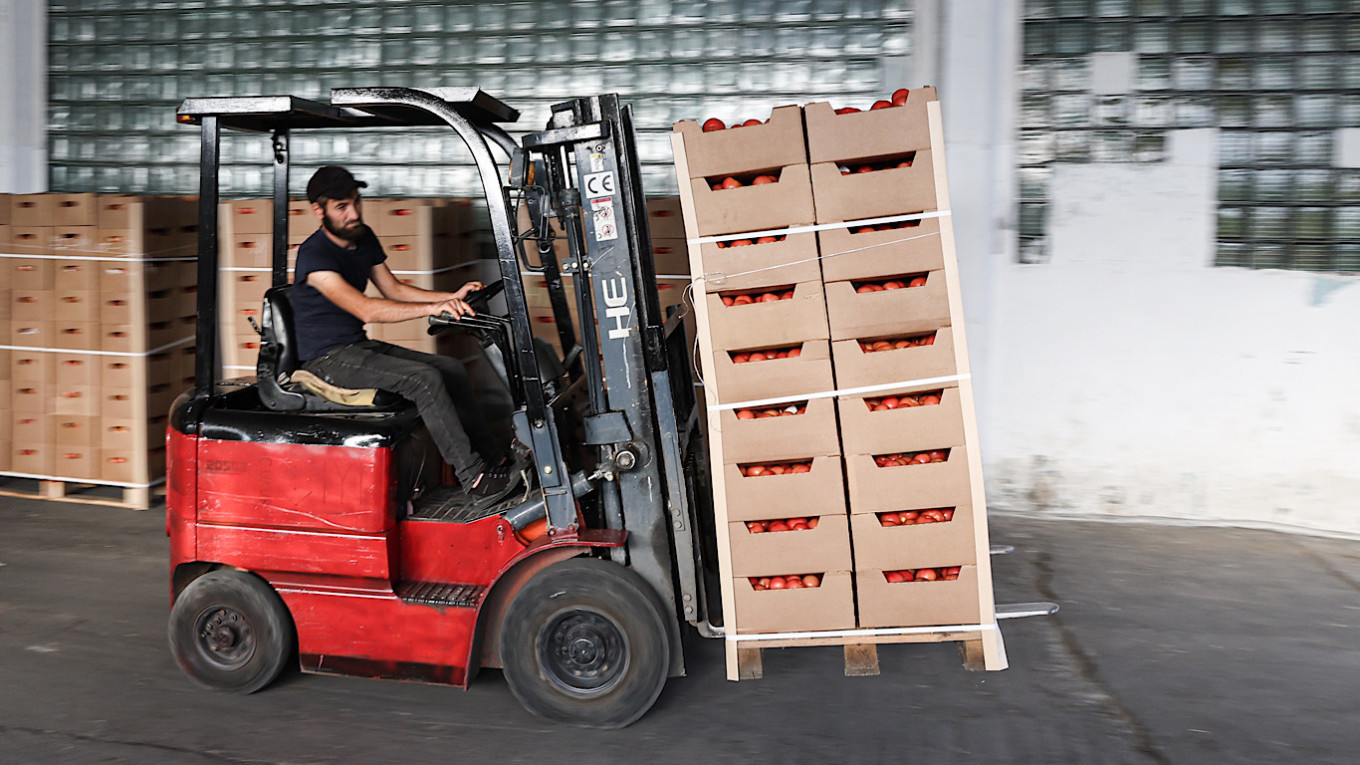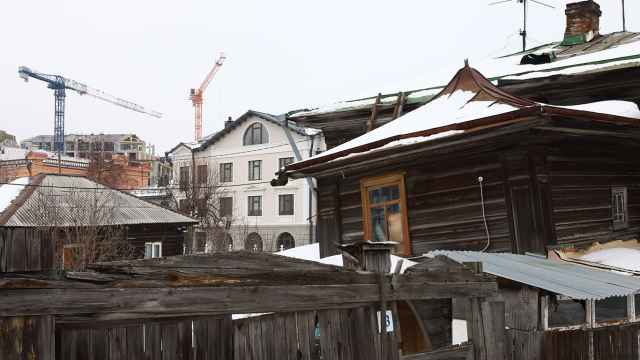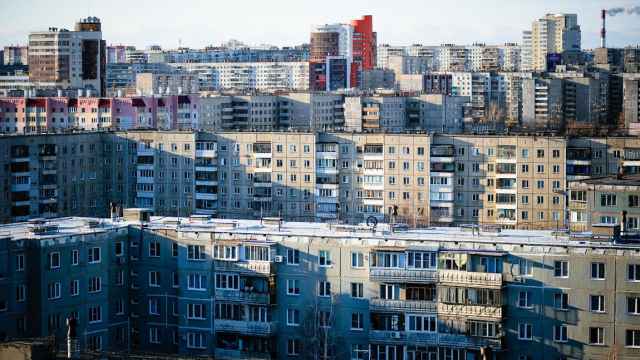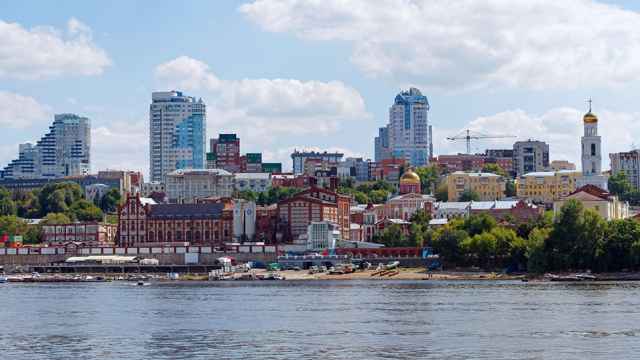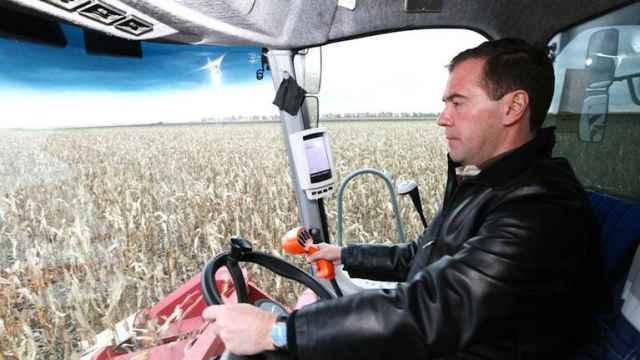Russia’s agriculture sector is losing about 150,000 workers every year, hampering efforts to boost food production, Agriculture Minister Oksana Lut said Wednesday.
“There is a personnel shortage [in the agriculture sector]. We need 160,000 new workers per year to renew the industry, because 150,000 people are leaving every year,” Lut said at the Golden Autumn 2025 international exhibition in Moscow, according to Interfax.
President Vladimir Putin has ordered the sector to increase agricultural output by 25% and exports by 50% by 2030 compared with 2021 levels, she added.
The labor shortage has become a key obstacle for Russia’s agro-industrial complex, which is already grappling with poor harvests caused by extreme weather and a shortage of high-quality imported seeds.
Lut said digitalization could help ease the shortfall by automating routine manual labor and shifting workers toward “more intellectual tasks.”
According to ministry data, about 6.4 million people are currently employed in the sector.
This summer, Deputy Economic Development Minister Maxim Kolesnikov said the labor deficit in agriculture was nearing 200,000 people, adding that the sector employs about 5% of the national workforce.
A report from parliamentary hearings earlier in 2025 found that farms across Russia were operating with 30% to 50% fewer workers than needed, with an acute shortage of skilled specialists familiar with modern technologies.
Employment in the sector fell from 4.46 million in 2017 to 4.2 million in 2023, according to the report.
Former Agriculture Minister Alexander Tkachev warned in late 2024 that the ongoing exodus of workers could push Russia’s farm sector toward “catastrophe.”
In April 2025, annexed Crimea’s agriculture chief Denis Kratyuk suggested stripping university diplomas from graduates who refuse to work in their trained field to help fill vacancies in the industry.
Labor shortages have compounded the effects of severe weather this year.
Major farming regions including Rostov, Voronezh and Krasnodar have declared states of emergency due to frosts and droughts, which have led to the lowest sunflower harvest in 13 years and a sharp drop in sugar beet yields.
Experts partly blamed the decline on a ban on European seed imports, which previously produced higher crop yields.
A Message from The Moscow Times:
Dear readers,
We are facing unprecedented challenges. Russia's Prosecutor General's Office has designated The Moscow Times as an "undesirable" organization, criminalizing our work and putting our staff at risk of prosecution. This follows our earlier unjust labeling as a "foreign agent."
These actions are direct attempts to silence independent journalism in Russia. The authorities claim our work "discredits the decisions of the Russian leadership." We see things differently: we strive to provide accurate, unbiased reporting on Russia.
We, the journalists of The Moscow Times, refuse to be silenced. But to continue our work, we need your help.
Your support, no matter how small, makes a world of difference. If you can, please support us monthly starting from just $2. It's quick to set up, and every contribution makes a significant impact.
By supporting The Moscow Times, you're defending open, independent journalism in the face of repression. Thank you for standing with us.
Remind me later.


